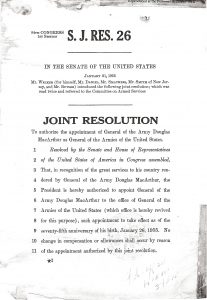There’s an art to setting up online forms that are responsive and adaptable.
Anyone that works or does business with an organization—pretty much all of us—face an almost daily task that would have been unknown a generation ago. Not only do we use computers, and often depend on them for the payment of bills and the submission of forms and applications. We also no get the flip-side effects of messages we no longer control. The requirement to use a group’s proprietary software in order to complete even the simplest transaction is so common we hardly notice. But sometimes the smaller the business, the more the software has you wandering into the weeds.
There’s an art to setting up online forms that are responsive and adaptable. Bad software is typically written to meet the needs of the makers rather than those on the receiving end. Good software works on the principle of convenience. Ever notice how easy it is to buy something on Amazon?
Software is the last to know when it’s stupid.
I am now regularly invited to meetings via an official looking Google form that lets me state my intention with a “Yes,” “No”, or “Maybe.” You probably get them as well. My frustration is that there’s no space to communicate anything more meaningful. Just this morning I was sent such a form announcing the cancellation of a meeting, but still inviting me to respond “Yes,” “No,” or “Maybe.” I pushed the green “Yes” button, but didn’t know what I was actually “saying.” Was it: “Yes! do cancel the damn meeting for sure; I’m glad to have the time back?” Or: “Yes, thank God someone came to their senses.” But what would a “No” mean? Perhaps “I’m going anyway, just to soak up the silence in the otherwise empty room?” Or, “No, and that was a career-busting mistake to call it off?” Then there’s the middle option: “‘Maybe’ I’ll think about not going to the cancelled meeting.” These responses pose quandaries inside of quandaries worthy of a diagram that looks like a ballpark pretzel.
Software “for interfacing with consumers” is designed with closed-ended options. Most of it converts the human experience into a set of comparative numbers, making all of us less aware and savvy. This is the result of a general overreach for quantification. Results of a questionnaire or an application for services seem to require simple responses so that the organizational chain never has to deal with the natural variability of human understanding. Put simply, open ended questions don’t “code well.” They require a listener/reader on the other end: a bigger stretch than some organizations want to make.
![]()

